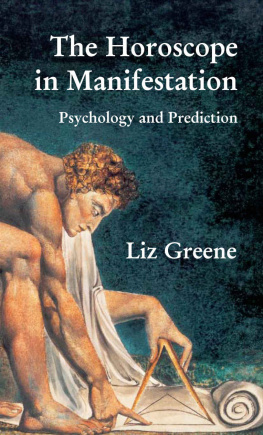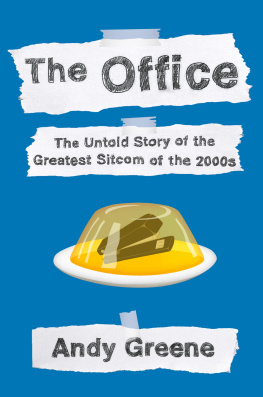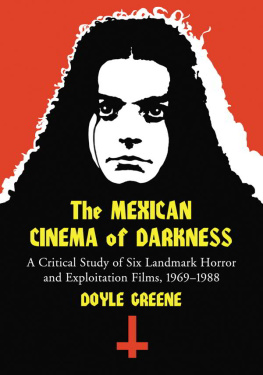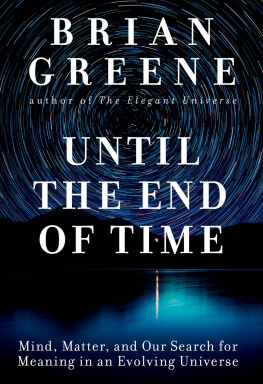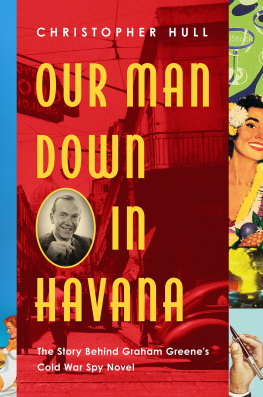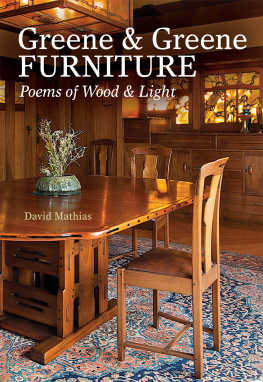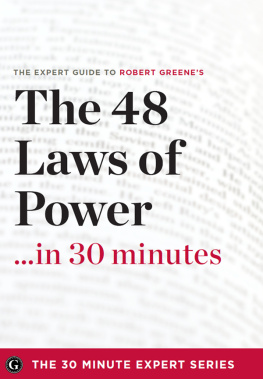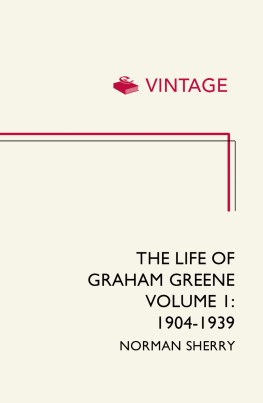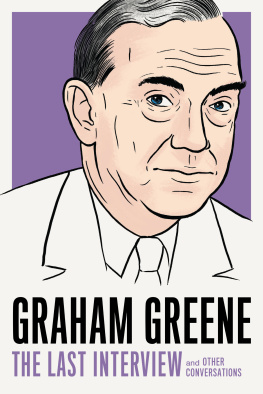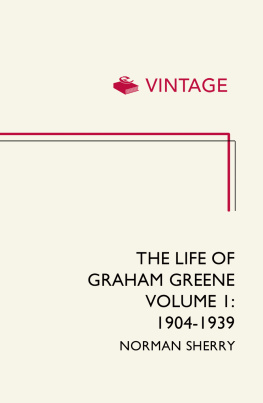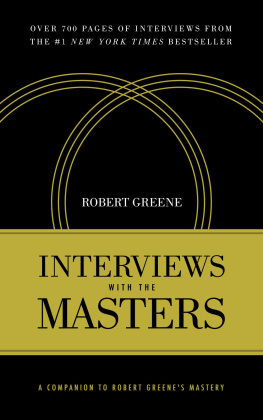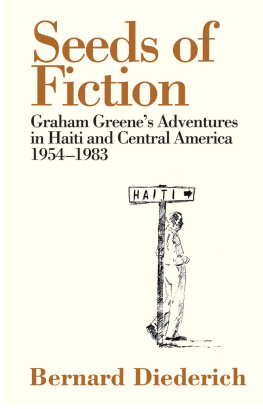
About the Book
Graham Greenes long journey through time began in 1904, when he was born into a tribe of Greenes based in Berkhamstead at the public school where his father was headmaster. In A Sort of Life Greene recalls schooldays and Oxford, adolescent encounters with psychoanalysis and Russian roulette, his marriage and conversion to Catholicism, and how he rashly resigned from The Times when his first novel, The Man Within was published in 1929. A Sort of Life reveals, brilliantly and compellingly, a life lived and an art obsessed by the dangerous edge of things.


GRAHAM GREENE
A Sort of Life
Contents
This ebook is copyright material and must not be copied, reproduced, transferred, distributed, leased, licensed or publicly performed or used in any way except as specifically permitted in writing by the publishers, as allowed under the terms and conditions under which it was purchased or as strictly permitted by applicable copyright law. Any unauthorised distribution or use of this text may be a direct infringement of the authors and publishers rights and those responsible may be liable in law accordingly.
Version 1.0
Epub ISBN 9781409020189
Vintage Digital, an imprint of Vintage Publishing,
20 Vauxhall Bridge Road,
London SW1V 2SA
Vintage Digital is part of the Penguin Random House group of companies whose addresses can be found at global.penguinrandomhouse.com.
Copyright Graham Greene 1971
First published in Great Britain in 1971 by The Bodley Head
First published by Vintage in 2002
www.vintage-books.co.uk
A CIP catalogue record for this book is available from the British Library
For the survivors,
Raymond Greene, Hugh Greene
and Elisabeth Dennys
About the Author
Graham Greene was born in 1904. On coming down from Balliol College, Oxford, he worked for four years as sub-editor on The Times. He established his reputation with his fourth novel, Stamboul Train. In 1935 he made a journey across Liberia, described in Journey Without Maps, and on his return was appointed film critic of the Spectator. In 1926 he was received into the Roman Catholic Church and visited Mexico in 1938 to report on the religious persecution there. As a result he wrote The Lawless Roads and, later, his famous novel The Power and the Glory. Brighton Rock was published in 1938 and in 1940 he became literary editor of the Spectator. The next year he undertook work for the Foreign Office and was stationed in Sierra Leone from 1941 to 1943. This later produced the novel, The Heart of the Matter, set in West Africa.
As well as his many novels, Graham Greene wrote several collections of short stories, four travel books, six plays, three books of autobiography A Sort of Life, Ways of Escape and A World of My Own (published posthumously) two of biography and four books for children. He also contributed hundreds of essays, and film and book reviews, some of which appear in the collections Reflections and Mornings in the Dark. Many of his novels and short stories have been filmed and The Third Man was written as a film treatment. Graham Greene was a member of the Order of Merit and a Companion of Honour. He died in April 1991.
ALSO BY GRAHAM GREENE
Novels
The Man Within
Its a Battlefield
A Gun for Sale
The Confidential Agent
The Ministry of Fear
The Third Man
The End of the Affair
The Quiet American
A Burnt-out Case
Dr Fischer of Geneva or
The Bomb Party
The Tenth Man
Stamboul Train
England Made Me
Brighton Rock
The Power and the Glory
The Heart of the Matter
The Fallen Idol
Loser Takes All
Our Man in Havana
The Comedians
The Human Factor
Monsignor Quixote
The Honorary Consul
The Captain and the Enemy
Short Stories
Collected Stories
The Last Word and Other Stories
May We Borrow Your Husband?
Twenty-One Stories
Travel
Journey Without Maps
The Lawless Roads
In Search of a Character
Getting to Know the General
Essays
Collected Essays
Yours etc.
Reflections
Mornings in the Dark
Plays
Collected Plays
Autobiography
Ways of Escape
Fragments of an Autobiography
A World of my Own
Biography
Lord Rochesters Monkey
An Impossible Woman
Childrens Books
The Little Train
The Little Horse-Bus
The Little Steamroller
The Little Fire Engine
Only robbers and gypsies say that one
must never return where one has once been.
KIERKEGAARD
Authors Note
A N autobiography is only a sort of life it may contain less errors of fact than a biography, but it is of necessity even more selective: it begins later and it ends prematurely. If one cannot close a book of memories on the deathbed, any conclusion must be arbitrary, and I have preferred to finish this essay with the years of failure which followed the acceptance of my first novel. Failure too is a kind of death: the furniture sold, the drawers emptied, the removal van waiting like a hearse in the lane to take one to a less expensive destination. In another sense too a book like this can only be a sort of life, for in the course of sixty-six years I have spent almost as much time with imaginary characters as with real men and women. Indeed, though I have been fortunate in the number of my friends, I can remember no anecdotes of the famous or the notorious the only stories which I faintly remember are the stories I have written.
And the motive for recording these scraps of the past? It is much the same motive that has made me a novelist: a desire to reduce a chaos of experience to some sort of order, and a hungry curiosity. We cannot love others, so the theologians teach, unless in some degree we can love ourselves, and curiosity too begins at home.
Next page




